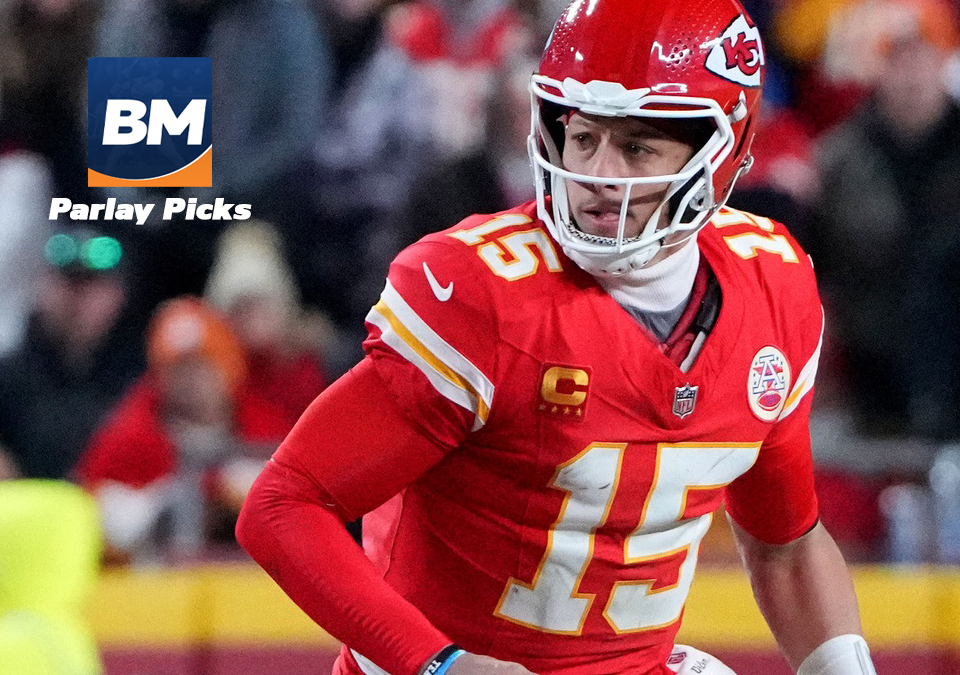
Mixed Sports Betting News From the Nutmeg State
July 20, 2022
MLB Sunday Night Preview – New York Mets vs. San Diego Padres
July 21, 2022There is a growing sense that consolidation will at some point hit the online sports betting business. In comments made at the SBC Summit North America conference in New Jersey, FanDuel CEO Amy Howe suggested that maintaining even 12 to 15 operators would be difficult in a thriving economy, much less one where inflation soars to 9.1% in June. That was the largest such increase in the U.S. in 40 years.
Howe added that FanDuel is in a very good position at the moment, as it remains part of Irish-based bookmaking giant Flutter Entertainment PLC. Yet her remarks come in the wake of her previous statements in an October 2021 interview with the Financial Times, where she noted that the United States gambling market is overcrowded and that there will be an eventual shakeout within the industry.
Howe’s assessment also reflects a widely-held view in the financial markets that there will be a day of reckoning once the current wave of advertising and promotional offers reaches its peak.
Jim Cramer, the highly influential CNBC market guru and host of the long-running Mad Money investment show, advised investors in January to lay off gaming stocks. At that time, stock market valuations soared early in 2021 before plummeting later in the year. That trend has continued in the wake of the overall stock market downturn this year. Cramer added that the reality is there is plenty of competition for market share and little profit to be had.
The bigger players seem likely to be the acquirers rather than the acquired. And, since legal sports betting became a reality more broadly across the United States, FanDuel and DraftKings have emerged as the major players in the industry.
FanDuel led all major sportsbooks with a 36% share of gross online sportsbook wagering revenues in the U.S. in 2021. This compares to a 24% market share for DraftKings and 15% for BetMGM. Caesars Sportsbook trailed the big three with a 7% stake.
What’s more, a main feature of the U.S. sports-betting business has been that operators have flung mountains of cash at consumers to try to get them to sign up and start wagering.
Operators have dug deep into their wallets to promote themselves as well. Recent figures show sports betting television ad spending grew by a staggering 281% over the previous nine months. The major sportsbooks accounted for over 90% of the total amount spent on TV spots, led by FanDuel (34% share), Caesars (21.7%), and DraftKings (18.6%), followed by BetMGM with 13.4%, and FOX Bet at 7.5%.
There are still major expenditures to come for operators as well. And with the NFL season approaching and the expected loads of money that will be spent on TV spots to convince California voters to back Proposition 27, the bill that would legalize online betting in the state.
But there is a limit to how much operators can spend, especially for smaller brands. Such advertising expenditures continue to negatively impact the sportsbooks’ bottom line in the face of a weak stock market.




